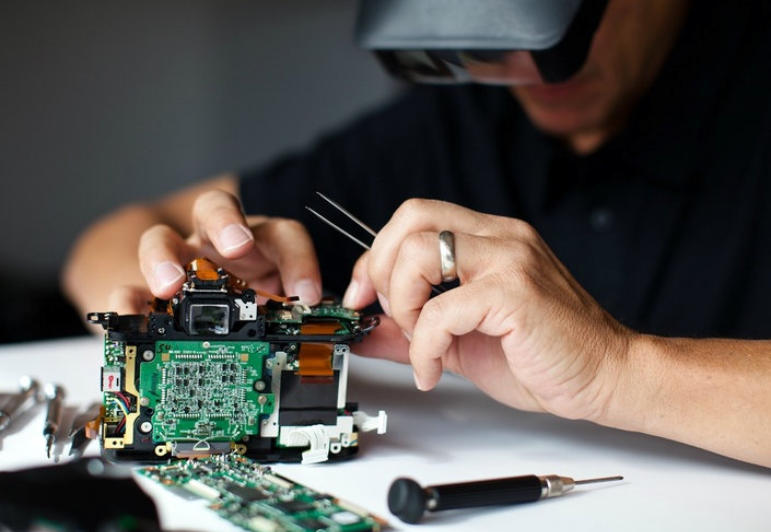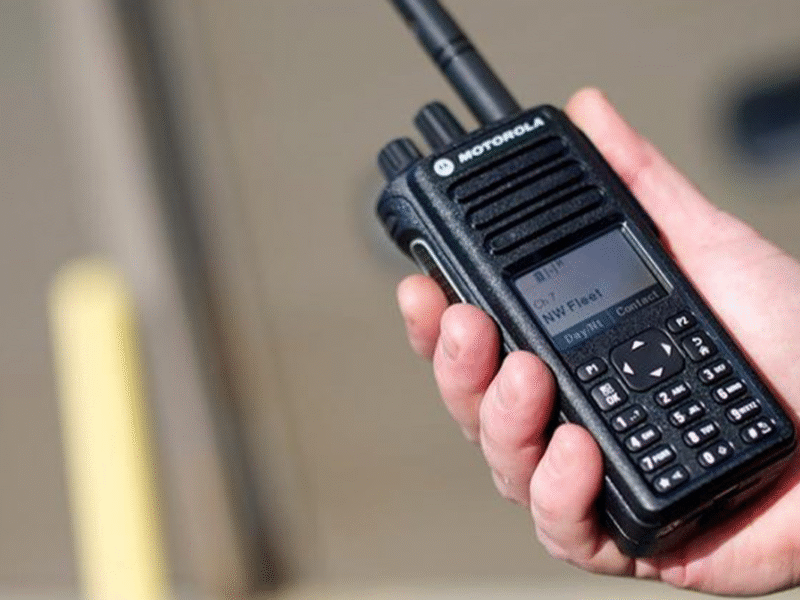Are you looking for ways to eliminate hurdles in your repair process?
When it comes to cell phone repair, you need to carefully balance your time and efforts to ensure great customer experience. Smartphones are the lifelines of modern consumers, so they need quick and high quality repair services. But when the repair volume increases, even the best technicians have trouble keeping track of workflows and making sure that every customer has the same experience. The repair ticket is the most important part of this complicated process as it shows every step of the service.
The key to running a successful repair shop is to make, assign, and manage repair tickets well. A well-organized ticketing system makes sure that every job is done, every part is tracked, and every customer is happy. Let’s look at the problems that cell phone repair shops have to deal with and how new and better ways of doing things can change how they handle repair tickets.
Understanding the Need for Repair Ticketing
Repair tickets are more than just forms for the office; they are plans for how to do the work. The ticket records every interaction, update, and transaction from the time the customer gives the device to the time it is returned. The ticket is the main way for people to talk to each other about the condition of the device, how to fix it, how much it will cost, and other things like that.
Repair orders can easily get lost if there isn’t a simple ticketing system. A store can lose money and customers if there is miscommunication, missed deadlines, or wrong billing. That’s why it’s so important to manage tickets well using an automated repair ticket management system.
Problems with Creating and Assigning Tickets
Making repair tickets may seem easy, but mistakes happen when there are a lot of customers or employees aren’t trained. Customers often complain because they don’t have all the information they need, like wrong model numbers or incomplete damage descriptions. These little mistakes turn into big problems during the repair process.
There is another problem that comes up when assigning tickets. When several technicians are working at the same time, it’s important to give each one the right job. Wrong assignments can cause problems like delays, not using skilled workers to their full potential, or not knowing who is responsible for what. In fast-paced settings, these problems slow down work and make it take longer to get things done.
Rush Orders and Order Fulfillment: A Race Against Time
A lot of customers want repairs to be done the same day or the next day. This expectation puts a lot of stress on how stores run. To handle rush orders, you need to be able to prioritize things correctly in the repair ticketing system. Without it, urgent jobs might be treated like regular repairs, which could make customers unhappy and cost you business.
The problem gets worse when people who walk in and people who book online meet. Manual systems don’t keep track of how urgent orders are, which leads to delays. This is where smart ticket management software comes in handy. The system makes sure that urgent tickets are dealt with quickly by allowing priority tags or automatic scheduling.
How new technologies are changing the game
The best repair shops today are switching to cloud-based point-of-sale systems that are made just for the repair business. These platforms let you manage repair tickets from start to finish, including making tickets, syncing inventory, processing payments, and following up with customers. Store owners and technicians can manage tickets on the go with mobile access, which makes things more flexible and speeds up the time it takes to fix problems.
AI is also having an effect. Predictive ticket assignment based on a technician’s skills or past work ensures that work is spread out evenly. Machine learning models look at repair history to suggest likely diagnoses or parts needed. This saves technicians time on basic assessments.
Also, integrating with CRM systems lets you automatically send marketing follow-ups based on ticket data, like reminders about warranties or promotions for repairs. This keeps the customer interested even after the work is done.
What’s Next for Future-Forward Ticket Management?
As the industry changes, ticket management will become more automated and use predictive intelligence. Using AI assistants to turn voice into tickets will cut down on the time spent on manual entry. For warranty and compliance reasons, blockchain technology could make repair logs that can’t be changed. Augmented reality support could let customers show their problems in pictures or videos, and AI could make a repair ticket right from those pictures or videos.
Also, dashboards that show real-time analytics will become more common. With these dashboards, store owners can quickly see where their technicians are falling behind, how productive they are, and how parts are being used. Store owners will be able to grow more confidently and serve their customers better thanks to this data-driven decision-making.
Key Takeaways
Managing repair tickets well is more than just a technical need; it’s also a strategic benefit for cell phone repair shops. Businesses need to use modern tools that make things easier, improve communication, and make things more clear as customer expectations rise and competition gets tougher.
Store owners can get rid of problems like mismanaged inventory, late order fulfillment, and billing mistakes by putting money into smart repair ticketing systems. They can also make things easier and more enjoyable for their customers. Thanks to new ideas in ticket management, the repair process will soon be faster, smarter, and more focused on the customer than ever before.



